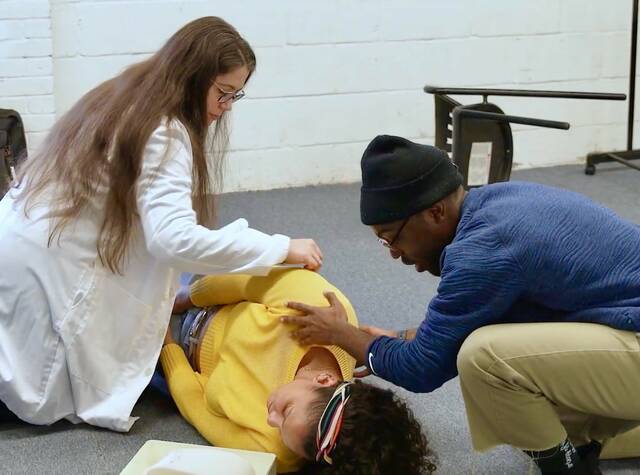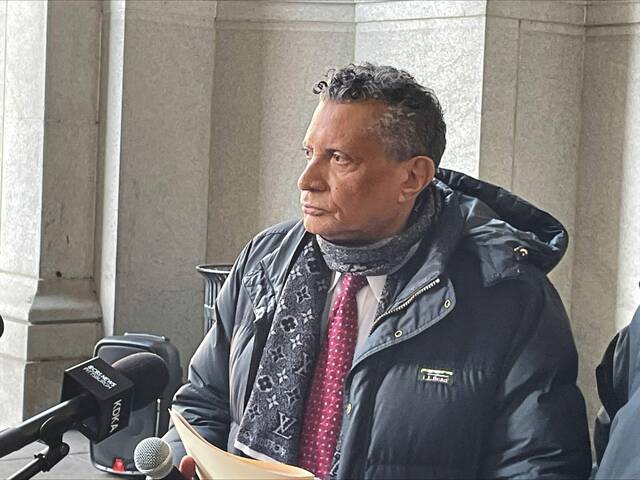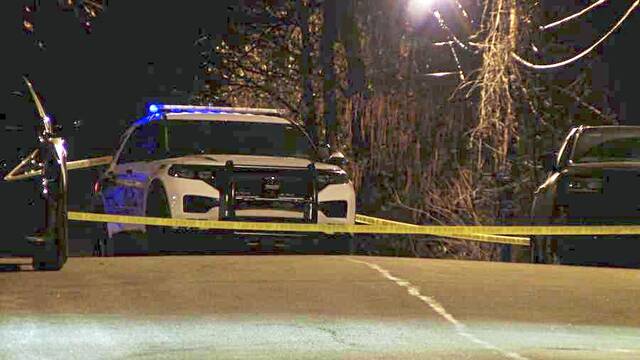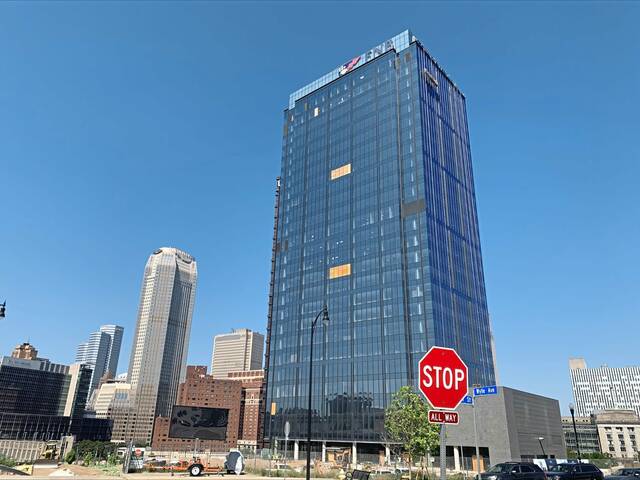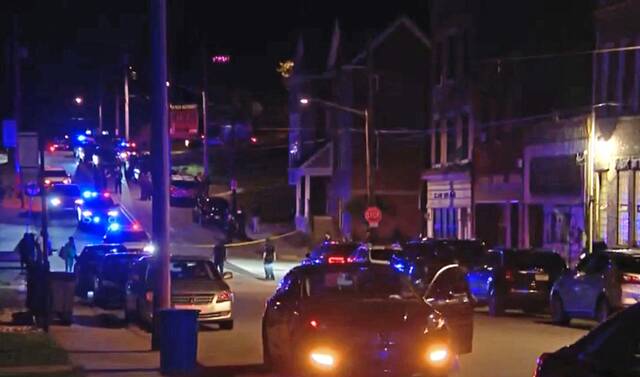The mistakes and unfulfilled promises that were made in the 1960s when the Civic Arena was built in Pittsburgh’s Lower Hill District won’t happen again, one of the people involved with the redevelopment project for the site said Wednesday.
The plans are different now. They’re inclusive of Black residents and others in the neighborhood, and there’s a commitment to revitalize the area in its entirety, said Kimberly C. Ellis, a Hill District resident who serves as a historical consultant for the project.
Ellis was among the major players in the long-talked-about redevelopment of the former Civic Arena site in Pittsburgh’s Lower Hill District who were part of a virtual roundtable Wednesday evening to detail the plans.
The redevelopment will be anchored by a new $220 million headquarters for FNB Corp. on the 28-acre site as part of the first phase of the project.
But those who participated in the roundtable focused on how the plans will include the Hill District as a whole.
“Our commitment doesn’t end when we break ground” is how Brent Semachko, a senior vice president of FNB Corp., put it.
When the Civic Arena was built, there were plans for more than an arena and parking lot, but they didn’t come to be.
Instead, the neighborhood was razed, residents were displaced and the process left lingering scars that have created skepticism about any future project.
That’s changed under the current plans, led by the Pittsburgh Penguins, in conjunction with the city’s Urban Redevelopment Authority, FNB Corp. and several Hill District natives, Ellis said.
There are written commitments that will hold people accountable for their promises, she said.
Among the leaders of the project is Bowmani Howze, who is from the neighborhood. He serves as vice president of development for the Buccini Pollin Group, the project’s developer.
Howze reiterated a commitment to use Black- and women-owned businesses in doing the work. He also talked about the wide-ranging collaborative effort among Hill District groups and the various companies involved in the project.
The idea is not only to redevelop the Civic Arena site with FNB as the anchor tenant, but also to foster more development in the Middle and Upper Hill District.
The neighborhoods will also be connected to Downtown Pittsburgh with the under-construction I-579 cap, which will have a park on top of the Crosstown Expressway.
The cap is set to be finished this fall, PennDOT said Wednesday.
The FNB project is set to start this summer, and construction should last through 2023, said Jeff Turconi, president of PJ Dick, the project contractor.
The project also includes commitments to invest more than $20 million in the Middle and Upper Hill, $17 million committed in loans by FNB to Hill-based projects, $3 million for housing stabilization and others, said Chris Buccini, co-president of the development group.
Penguins Chief Operating Officer Kevin Acklin said he’s committed to delivering results to the project.
“That’s just the start,” Acklin said.
The pledge is to not have a project that ends up creating “a tale of two neighborhoods,” said URA Deputy Director Diamonte Walker, who lives in the neighborhood.
It is focused, Walker said, on “how do we prepare for development with the neighborhood as the development partner.”



